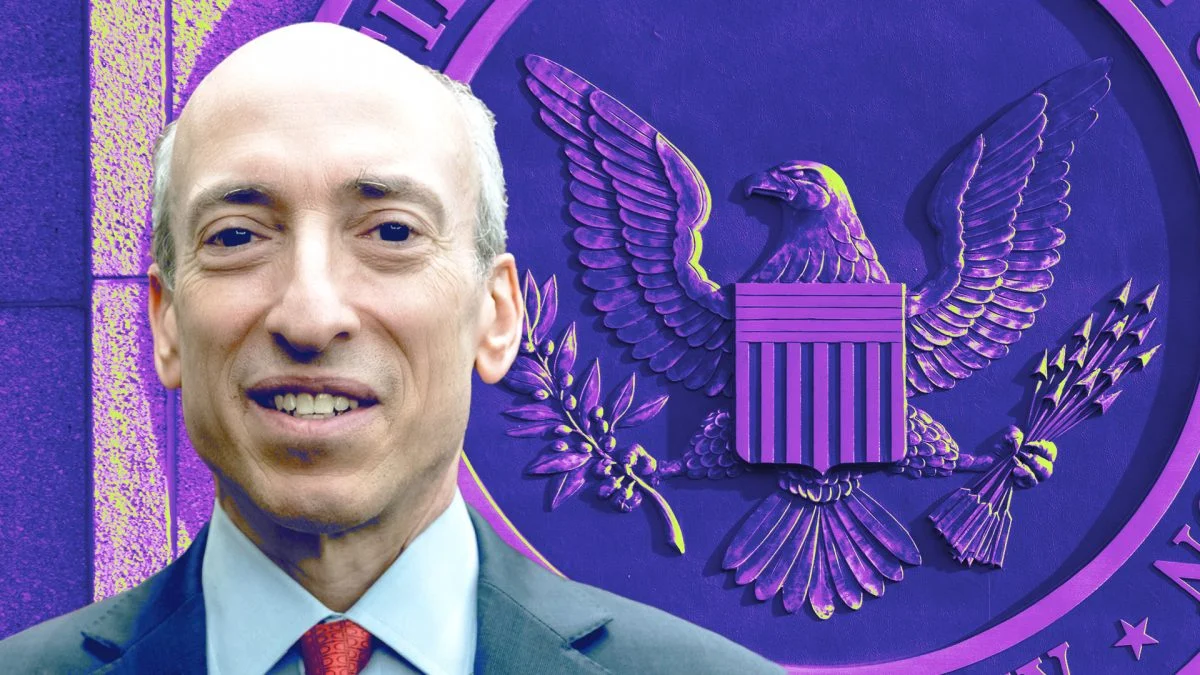Regarding the opportunities and limitations of the central bank's digital currency (CBDC), Fed Chairman Powell officially gave his views.
The US Federal Reserve System (referred to as the Federal Reserve) is exploring the development of the Central Bank Digital Currency (CBDC) and its possible problems and risks.
Financial services reporter Zachary Warmbrodt said in a tweet published on November 20 that Federal Reserve Chairman Jerome Powell responded to US Congressman Frank Hill. And Bill Fosters' question about whether the Fed plans to issue a national digital currency.

In his letter, Powell explained the Fed's view on the establishment of CBDC, emphasizing that although the agency has not yet developed CBDC, it has assessed and continues to evaluate the cost and benefits of the program.
- Zhongying Internet publicly claimed that it is preparing for the first of the A-share listed companies in the digital currency trading platform.
- Hangzhou released the first "government service chain" of the underlying system of government affairs blockchain
- The lockout volume exceeds $100 million, but Synthetix has these problems.
Powell revealed that the agency is conducting its own research-centered small-scale experiment to gain hands-on experience and better understand the opportunities and limitations of CBDC.
The CBDC raised a series of legal issues
Powell said that before the issuance of CBDC, the Fed must address some legal issues, including monetary and payment policies, financial stability, regulatory and operational issues, and their vulnerability to cyberattacks. Powell continued:
“If the purpose of CBDC is to achieve transparency in finance and to provide protection against illegal activities, it is conceivable that a generic CBDC may require the Fed to maintain a continuous record of all payment data using this digital currency, which sometimes causes Data privacy and information security."
Finally, Powell pointed out that in the development of CBDC, many design features should be considered, including the management of the liquidity of this currency, the need for a Fed payment system for trading and the anonymity associated with owning and trading CBDC. Sexual problems.
US lawmakers respond to Powell’s letter
In response to Powell's letter, Rep. Hill expressed his enthusiasm for the Fed to study whether it is necessary to issue CBDC, and said:
"This decision will have far-reaching implications for all aspects of US monetary policy and requires in-depth analysis to ensure proper implementation."
Rep. Foster said: "My main concern is that the rapid development of other countries will make us unprepared, which may put our economy at a competitive disadvantage and threaten the primacy of the dollar."
We will continue to update Blocking; if you have any questions or suggestions, please contact us!
Was this article helpful?
93 out of 132 found this helpful
Related articles
- CCTV financial commentary lie down to make money, monthly into a million? Don't let the blockchain become "cheat everywhere"
- Industry Research Report | Blockchain Derivatives Overview: Rapid Development, Risk Symbiosis
- Blockchain VS quantum computing, this is probably the true incense law that Ren Zhengfei can't escape.
- Science and Technology Daily: Be wary of changing the blockchain into “blocks”
- A small step for Fidelity, a big step in the cryptocurrency market
- QKL123 market analysis | The market rebound is weak, beware of the risk of breaking the position (1120)
- In the past week, the total amount of Bitcoin’s large transactions plummeted by 97%. What does this mean?




